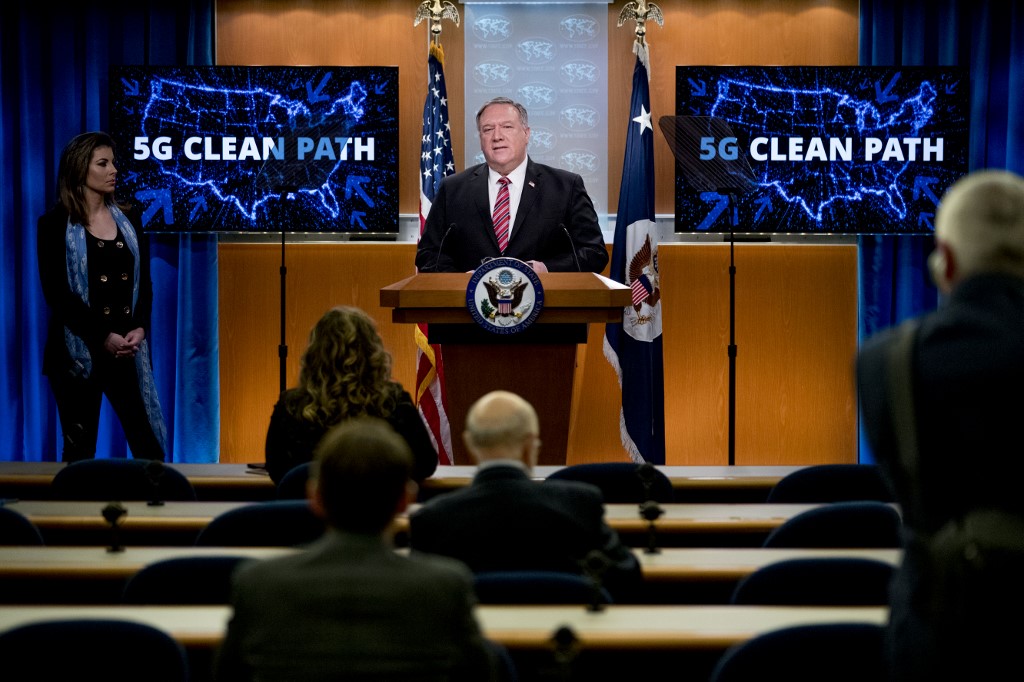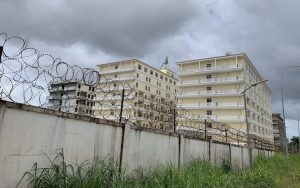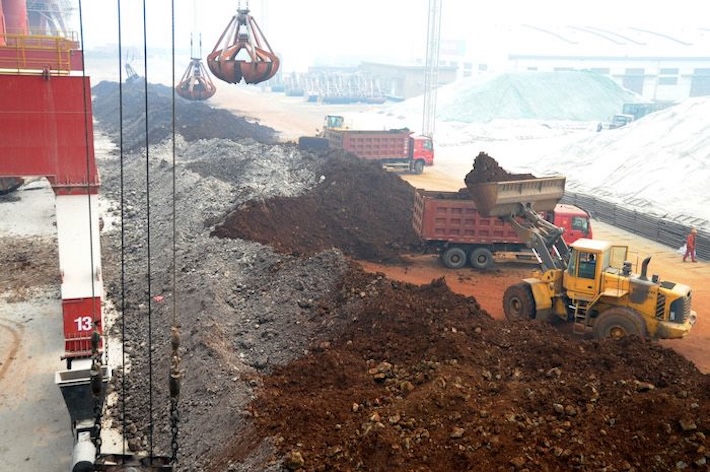Beijing on Thursday slammed the US clampdown on Chinese telecom giant Huawei as “dirty play” and accused American officials of “losing their minds” as they took a shot at Washington’s own human rights record by pointing to racism in the United States.
The pushback from Beijing came a day after the US announced visa restrictions for Huawei employees and those of other Chinese firms if they were involved in human rights abuses.
“These people, for self-interest and political gain, do not hesitate to hijack domestic public opinion… to the point where they have lost their minds and gone mad,” Chinese foreign ministry spokeswoman Hua Chunying said.
Both superpowers have been crossing swords on a rising number of fronts, including Beijing’s policies on Hong Kong.
But the Trump administration recently rejoiced in growing success at isolating Huawei – after Britain announced a ban on the firm.
Secretary of State Mike Pompeo said Wednesday that this meant Britain was joining the US and “many other democracies in becoming ‘clean countries'”, a comment that drew a fiery response from Beijing on Thursday.
Chinese foreign ministry spokeswoman Hua Chunying retorted that “what the US does has nothing to do with the word ‘clean'”.
“What it does is… dirty play,” she said at a regular briefing.
ALSO SEE: US hails British ban on China’s Huawei
Asked about Britain’s admission that it changed its stance on Huawei due to US sanctions on the firm, Hua said: “All this shows that the British government has indeed lost its precious independence and autonomy on the issue of Huawei.”
She questioned the basis of the US visa restrictions, charging that “racial discrimination is everywhere in America”.
She added: “If Mr Pompeo is sincere, we can refrain from imposing visa restrictions on him.”
“We welcome him to visit Xinjiang,” Hua added, referring to the western Chinese region where rights groups say over one million Uighurs and other Turkic Muslims are incarcerated.
Pompeo has accused Huawei of already being responsible for rights abuses, by letting China snoop on dissidents and abetting Beijing’s sweeping surveillance in the area, although China denies this.






















